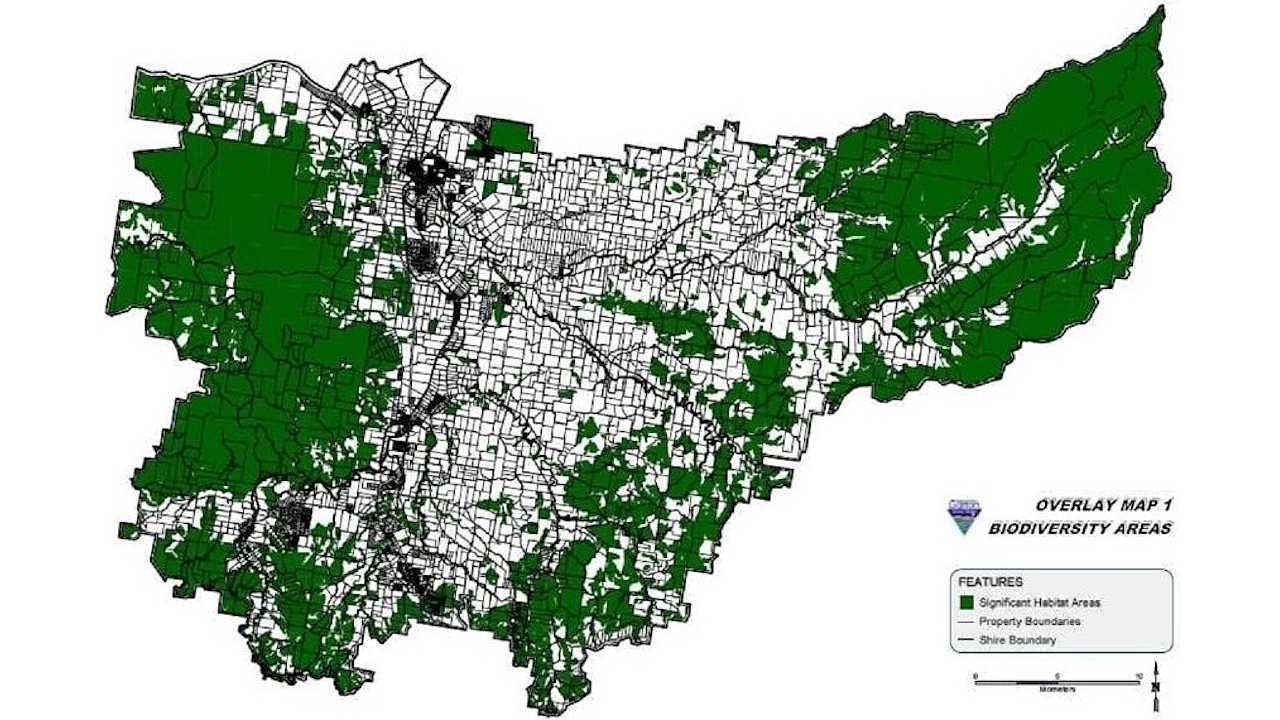
The challenges involved in open science
Originally posted on The Horizons Tracker.
Innovation is an increasingly open and expansive endeavor, with companies not only looking outside the walls of their office for new thinking, but also outside the boundaries of their home country. This trend has been driven not only by the desire to access the best talent around the globe, but also increasingly to deploy innovations in regions where sales were growing fastest, and the innovation had the best chance of success.
It’s perhaps no surprise, therefore, that we’ve seen a huge shift in R&D investment away from Europe and North America and towards India and China.
What might the impact of recent protectionist policies have on this global approach to innovation? Donald Trump was elected very much on an ‘America First’ platform, whilst the departure of the UK from the EU may have unpredictable impact on the ability of companies to innovate internationally.
It’s an issue that Strategy& are attempting to explore in more depth in their annual Global Innovation 1000 Study, but one project that’s attempting to keep science and innovation as open as possible is the EU’s Open Science Cloud, which is designed to provide scientists with access to data stores from across Europe.
Open science
The project has been in gestation for some time now, but the funding and operational issues have finally been resolved and the architecture to allow researchers to connect is being developed. The concept is a fantastic one, and would allow any researcher in Europe to access data from any other lab in Europe.
The Open Science Cloud itself would build the infrastructure to enable this rapid data sharing by connecting up existing data systems from public and private bodies, with the eventual aim of being up and running by 2020.
Even such well-intentioned projects are beset by challenges however. For instance, officials are still largely undecided as to who will run the project, or how the various legal issues surrounding data sharing should be managed to ensure both privacy and interoperability are achieved.
What’s more, there are also significant concerns among the community about the willingness of researchers to both open up their data and then preserve and maintain it into the future. Just 20% of universities have research data plans, with few staff trained in data management. Whilst funders are increasingly mandating that research be made open and available, there remain significant funding gaps in terms of data storage and management, with researchers themselves showing an understandable reluctance to take on the added responsibility.
I think most people appreciate that international collaboration is a good thing and is eminently valuable to the innovation process. The issues highlighted above are just some of the things the EU and the European research community are trying to work through in a bid to facilitate that global collaboration.
If nothing else, that should help to illustrate how challenging it can be, yet this is an environment where there is a broad consensus of support for the project, and national players are willing and able to look beyond their boundaries to work collaboratively. Should such willingness (or ability) erode, then these challenges are only going to become harder to overcome.
Article source: The challenges involved in open science.
Header image source: Adapted from Open Science by EU2016 NL, which is licenced by CC BY 2.0.





